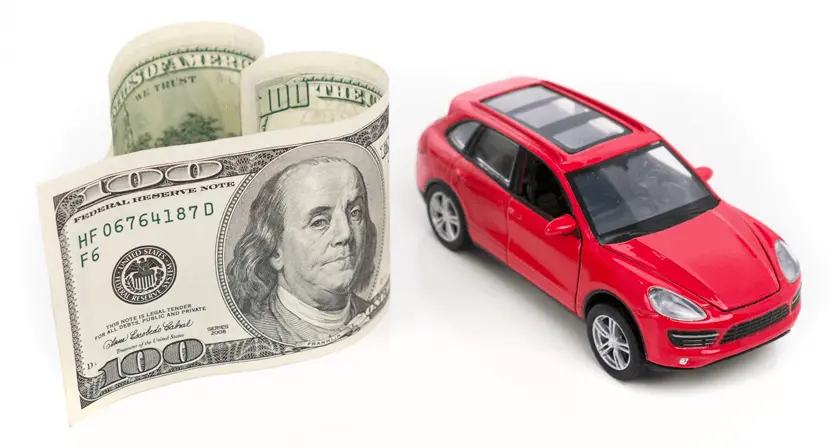The value of your car isn't the only determining factor. Learn more about the many other variables that come into play when shopping for full coverage auto insurance and tips for controlling your costs.
What Is Collision Coverage?
Updated: June 07, 2016 –
One mistake drivers tend to make is to assume their vehicle is already protected by having liability coverage, which is mandatory in all states. However, liability coverage will only pay for damages which you cause to other vehicles, not your own. It’s important to understand that if you choose to only purchase a basic coverage plan and you cause an accident, you will be stuck with all the repair bills for your own car.
Collision coverage, however, protects your vehicle should it sustain damages in an at-fault accident. If you have this coverage then your insurance provider is obligated to pay for damage repairs, or replace your car if the repair costs exceed the costs of replacement.
Collision Coverage Limits
Keep in mind, however, there is always a limit on the amount of money that your insurance provider is obligated to pay out in the event you file a collision insurance claim. This limit is a predetermined sum which you’ve agreed upon when you signed the insurance contract. The lower you set this limit at, the lower your monthly premiums will be. However, choose your limits wisely, because your insurance company will never pay more than that limit. Risks regarding insurance limits are explained in more detail here.
Collision Coverage Deductibles
In addition, your policy will include a specific deductible which relates to collision coverage. The higher you set your deductible at, the lower your monthly premiums will be. However, remember that your deductible will be subtracted from the amount of money your insurance company is obligated to pay you if you file a claim.
What isn’t Covered
Not all damages to your car fall under collision coverage. Damage and breakdowns that your car will sustain over time from normal wear and tear will not be covered by collision insurance. It will also not cover cases of theft, vandalism and acts of nature. These are covered by comprehensive insurance. It will also not cover you if you are hit by an uninsured or under-insured driver that doesn’t have enough savings or assets to cover your damages. This situation is covered by uninsured motorist insurance. The only instances in which collision coverage comes into play is when you cause an accident that causes direct damage to your car.
Should I Purchase Collision Coverage?
The most important thing to consider when deciding whether to purchase collision insurance is the total value of your car. An old and rundown car is likely to be worth less than the insurance bills you’ll rack up before you need to file a claim. In this case, collision insurance might not be for you. However, if your car is new and expensive then it would be wise to protect your investment as best you can.
Most drivers see collision coverage as a risk and reward situation. If you choose to skip including it in your insurance policy, you will save a lot of money on your monthly premiums but you will have to pay for all the repairs in the event of an accident.
So if you consider yourself to be an extremely safe and cautious driver then collision coverage might not be a necessity for you. Just keep in mind that there can be situations in which you are the cause of an accident no matter how safe you drive. No one intentionally tries to have an accident, but they can happen regardless.
Collision and Full Coverage
If you purchase full coverage insurance, collision coverage will be included. It is one of the three basic forms of coverage that are part of every full coverage package. These being: liability, collision and comprehensive.
It’s always worth finding out how much a full coverage policy would cost before you commit to a lower amount of coverage. It may be a lot less than you expect. By entering your information in our quotes search engine you’ll be able to quickly compare competitive full coverage insurance quotes within minutes.


